In this article
View 4 More +Keeping our dogs healthy is extremely important, and while most of us focus on their food and treats, the water that they drink is also crucial. Many people worry about hard water in particular. Fortunately, dogs can drink hard water in small amounts. That said, read on for a discussion of the dangers that your pet might face if they drink too much hard water.

What Is Hard Water?
Hard water contains a high concentration of dissolved minerals, usually calcium and magnesium. Water picks up these minerals as it moves through the soil and rock in an environment, and some parts of the country have much higher concentrations of minerals in the water than others. Scientists usually measure hardness in grains per gallon (gpg) or milligrams per liter (mg/L), and hard water is considered as such when it exceeds 7 gpg or 120 mg/L.
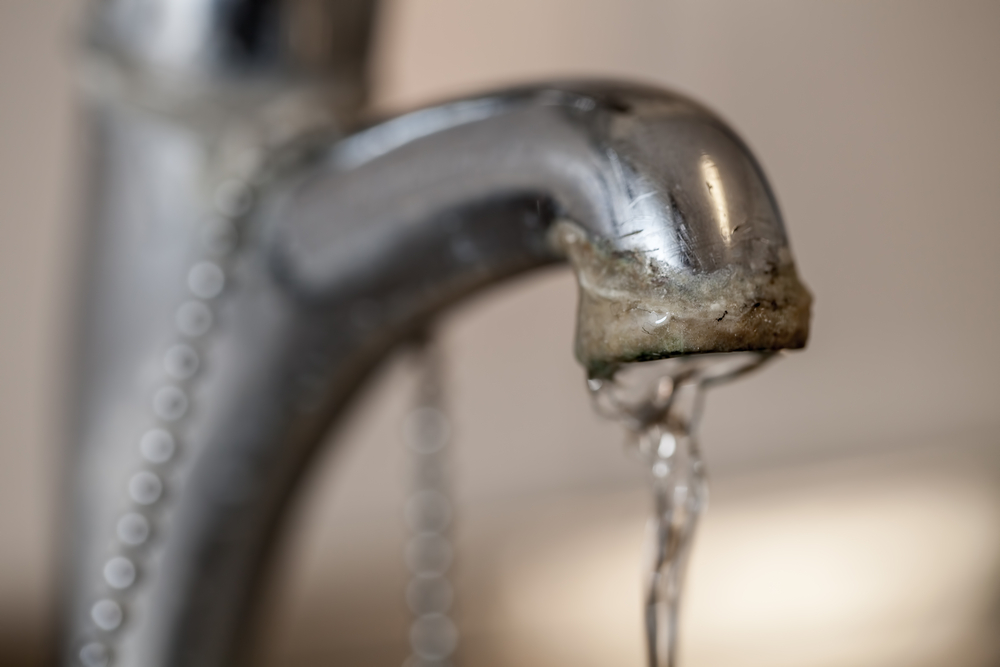
Is Hard Water Bad for Dogs?
Fortunately, calcium and magnesium are not harmful to dogs in moderation. Calcium is vital for strong bones and teeth, blood coagulation, and muscle function. Magnesium also helps with bone health and muscle function, energy production, and nutrient balance.
While there has been little research on the effects of hard water on dogs, a study conducted by the pet insurance company Trupanion found that cats that drink extremely hard water in areas like Miami, Chicago, Minneapolis, Detroit, and Cincinnati are more likely to suffer from urinary tract obstructions, cystitis, and crystalluria.
Signs That You Have Hard Water
- A white, chalky buildup around your faucets
- Spots on your dishes after they dry
- Little lather from soap
- Dry and itchy skin
- Shortened lifespan of household appliances
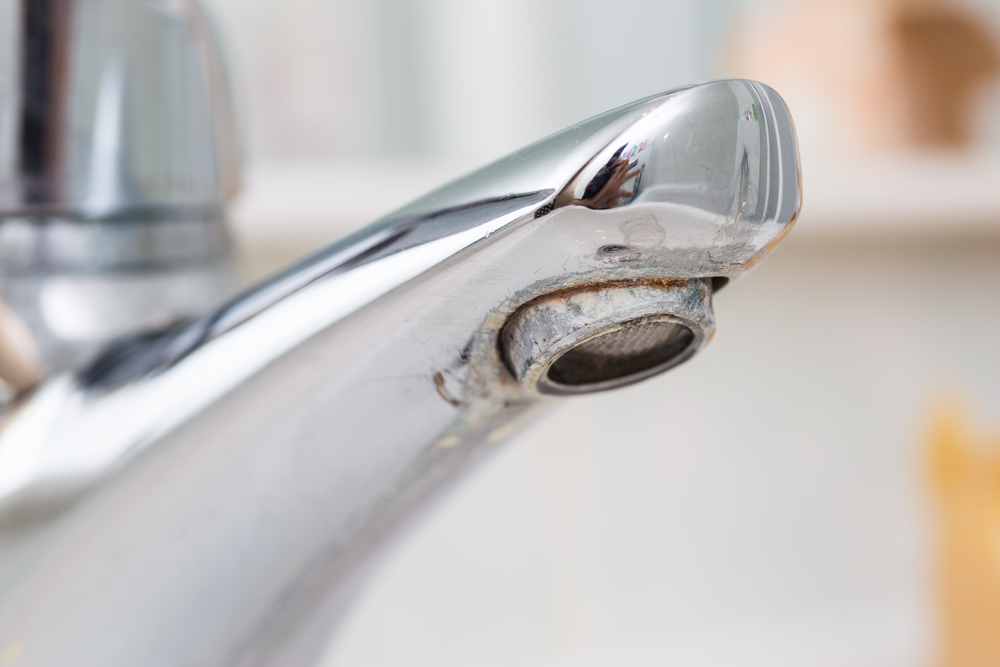
Tips for Mitigating the Effects of Hard Water
- Install a water softener to help reduce the amount of calcium and magnesium in the water.
- Use vinegar as a natural descaling agent for cleaning household surfaces, appliances, and fixtures affected by hard water deposits.
- Consider providing your dog with bottled water for drinking.
- Discuss your water concerns with your vet, as they might suggest specific preventive measures or dietary adjustments.
- Track the water quality in your area. Municipal water suppliers often provide water quality reports upon request that can state whether the water is getting better or worse.
- Pay close attention to your dog’s skin and coat after baths. If you notice any changes, consider switching to rinsing them with filtered or softened water after baths, and always use a high-quality dog-specific shampoo.
If you are looking for the perfect, pet-friendly shampoo and conditioner combo, we highly recommend the products by Hepper. With a soothing oatmeal shampoo, free of soaps and other harsh chemicals, and a cucumber and aloe scented conditioner, your pet's skin and coat will be smooth, hydrated, and irritation-free. At Dogster, we’ve admired Hepper for many years, and decided to take a controlling ownership interest so that we could benefit from the outstanding products of this cool pet company!
Image
Product
Details
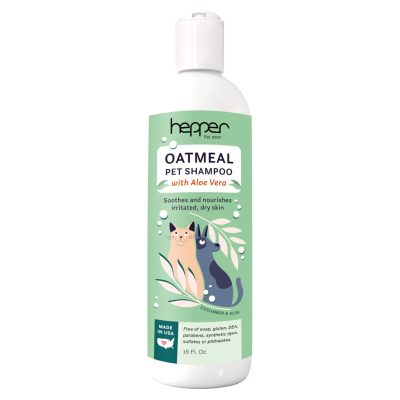
Hepper Oatmeal Pet Shampoo
Check Price
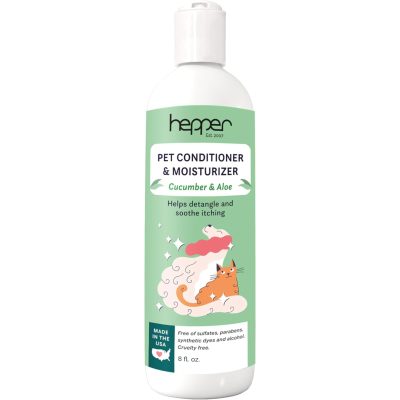
Hepper Pet Conditioner
Check Price
Frequently Asked Questions
How Can I Tell If My Dog Is Affected by Hard Water?
Signs that hard water may be affecting your dog include difficulty urinating, frequent urination, or signs of discomfort while urinating. Skin irritation or dryness after bathing in hard water could also indicate a sensitivity to it. If you observe any of these signs, consult a veterinarian.
If you need to speak with a vet but can't get to one, head over to PangoVet. It's our online service where you can talk to a vet online and get the advice you need for your pet — all at an affordable price!
Does Boiling Water Remove the Hardness?
Boiling can remove a bit of the calcium in the water but not the magnesium or other minerals contributing to the hardness, so it is unlikely to have much effect.
Are Certain Dog Breeds More Susceptible to Problems Caused by Hard Water?
While there’s no direct link between specific dog breeds and hard water sensitivity, breeds prone to urinary health issues, like Dalmatians, Bulldogs, and Yorkies, might be more likely to develop problems related to the minerals in hard water.
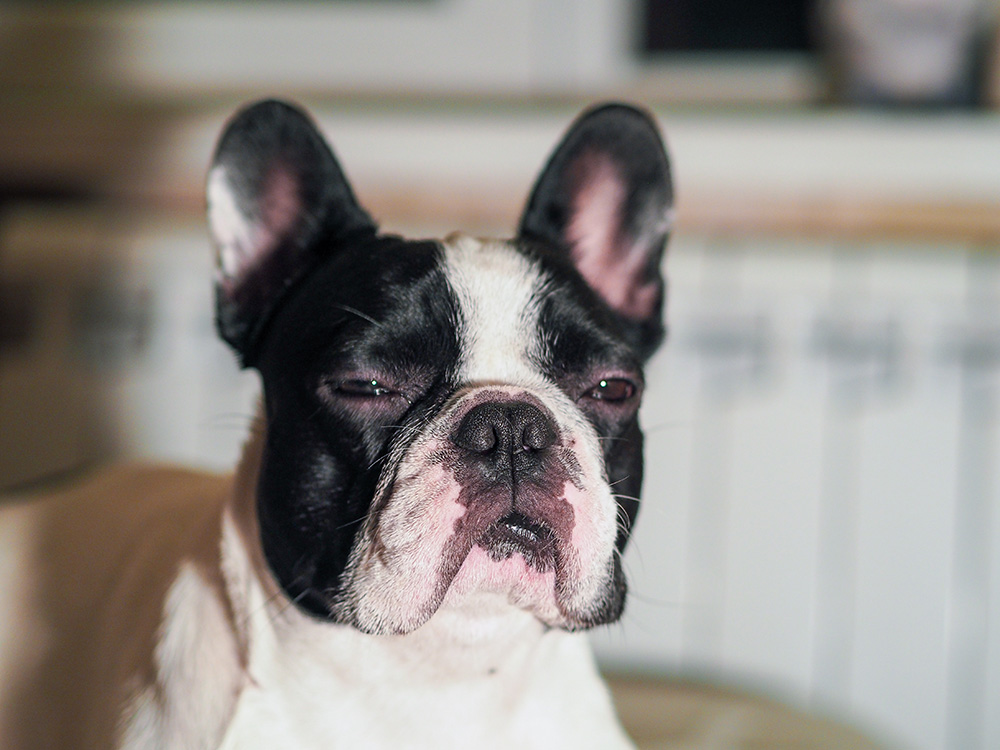

Final Thoughts
More research needs to be done to determine the effects of hard water for dogs. While it likely won’t pose a problem, there has been a correlation found between drinking hard water and urinary issues in cats.
If you notice signs that your dog is having an issue with hard water, like difficulty urinating or skin irritation after bathing, contact the vet, who can give tips specific to your pet.
Featured Image Credit: Serhii Ivashchuk, Shutterstock






















